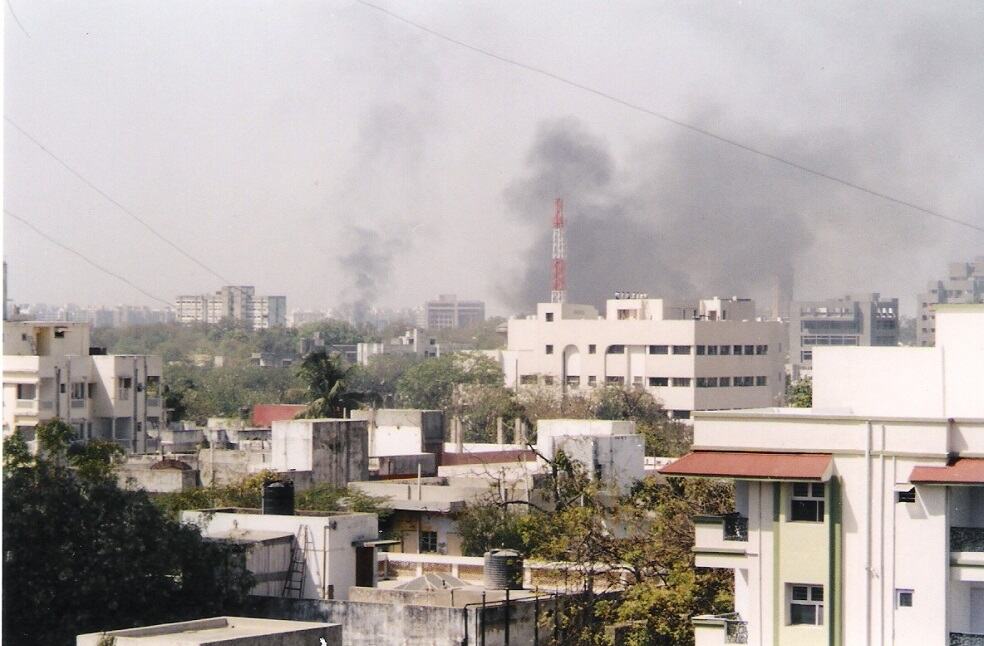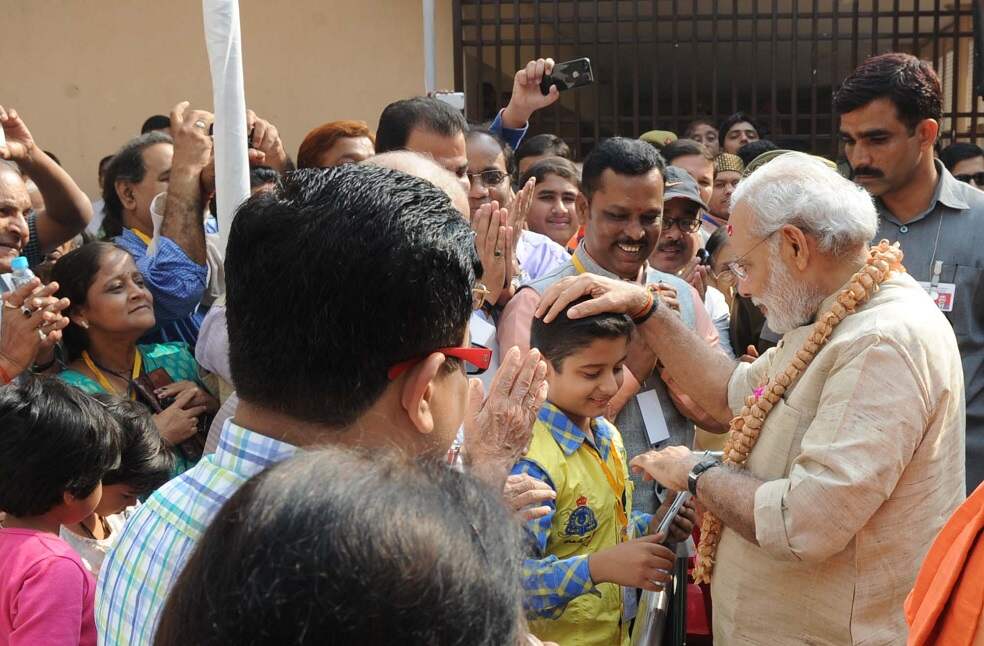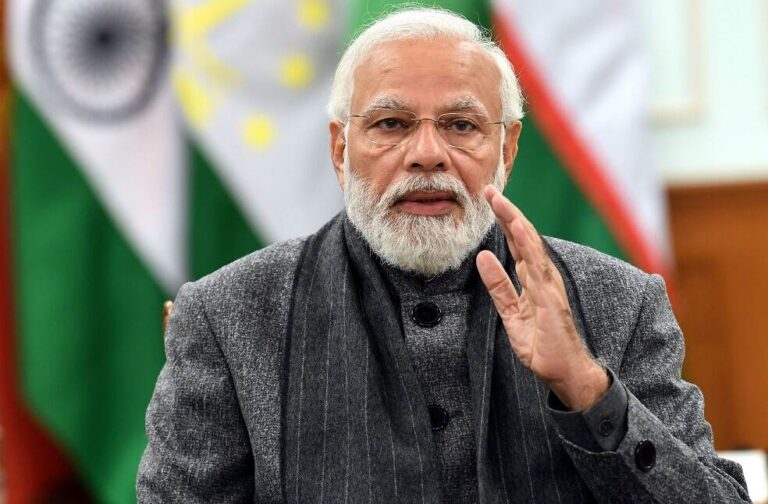India: The Indian government has invoked emergency rules in order to stop a BBC documentary about Prime Minister Mr. Narendra Modi’s role in rioting in the western state of Gujarat in 2002.
India: The Modi Question, a two-part documentary that followed his ascent through the ranks of the Bharatiya Janata party and his nomination as Gujarat’s chief minister, has caused controversy. The BBC also found memos indicating that the British government and western diplomats had criticised Mr. Modi’s conduct at the time.
Allegations that Mr. Modi engaged in violence during the Gujarat riots, which broke out when 59 Hindu pilgrims died on a train that had been set on fire, have followed him about for decades. The state’s Muslim population was accused of starting the fire.

Violence in the state resulted in the deaths of about 1,000 Muslims. Mr. Modi was charged with not doing enough to safeguard the minority community while the police were accused of doing nothing. The PM has refuted claims that he failed to put an end to the violence, and in 2013, a supreme court panel said that there wasn’t enough evidence to bring charges against him.
The documentary’s first episode was aired in the UK. The content, which includes unauthorised video clips, has been making the rounds on social media even though it hasn’t been broadcast in India. The Modi administration responded angrily, branding the documentary “a propaganda piece designed to push a particular discredited narrative.”

The decision to ban the documentary was made as the Modi government’s media environment and press freedom became more difficult, with critical journalists and media facing governmental and court harassment. In the press freedom survey last year, India dropped eight places to 150 out of 180 countries, its lowest ranking ever.



